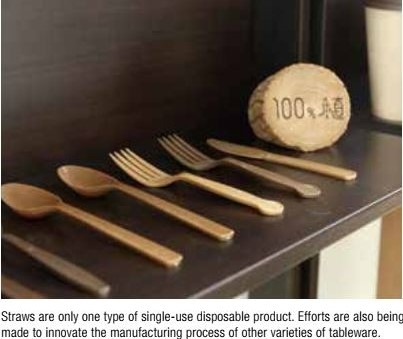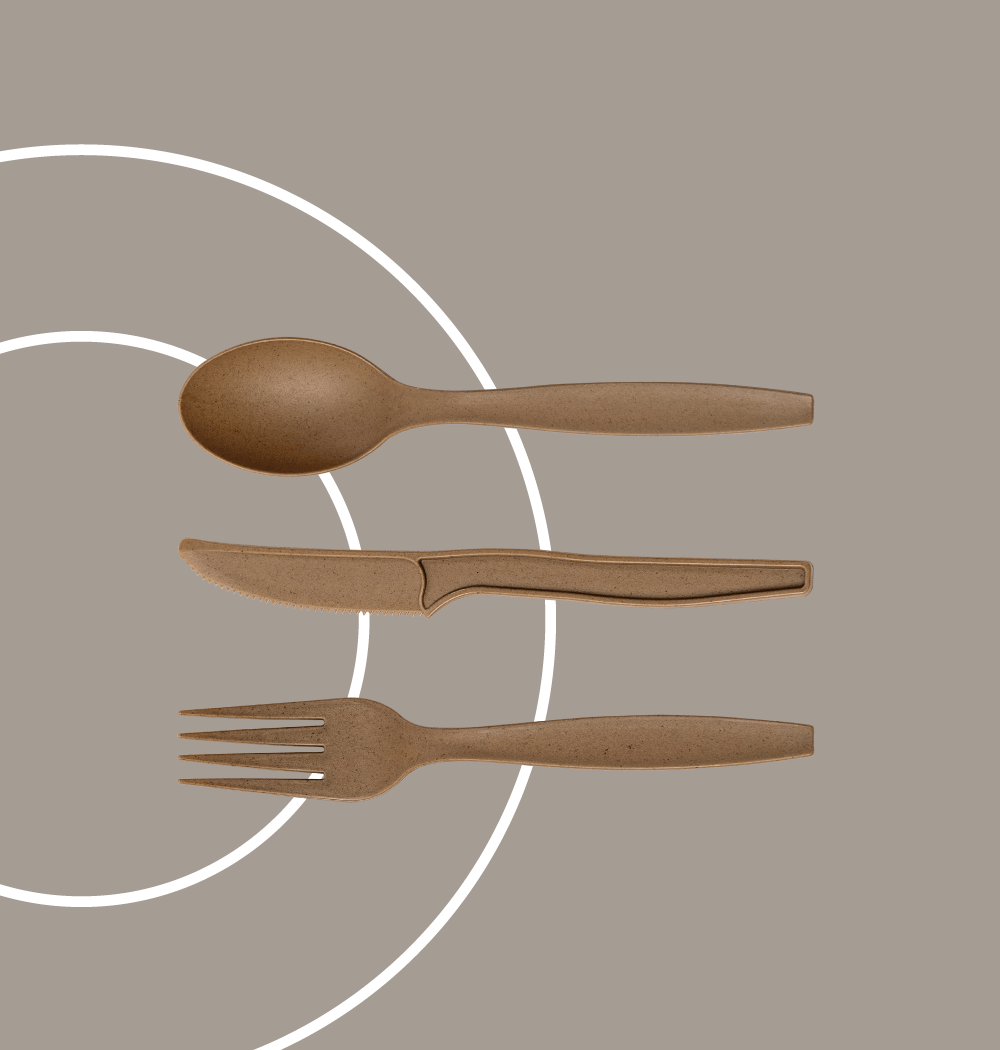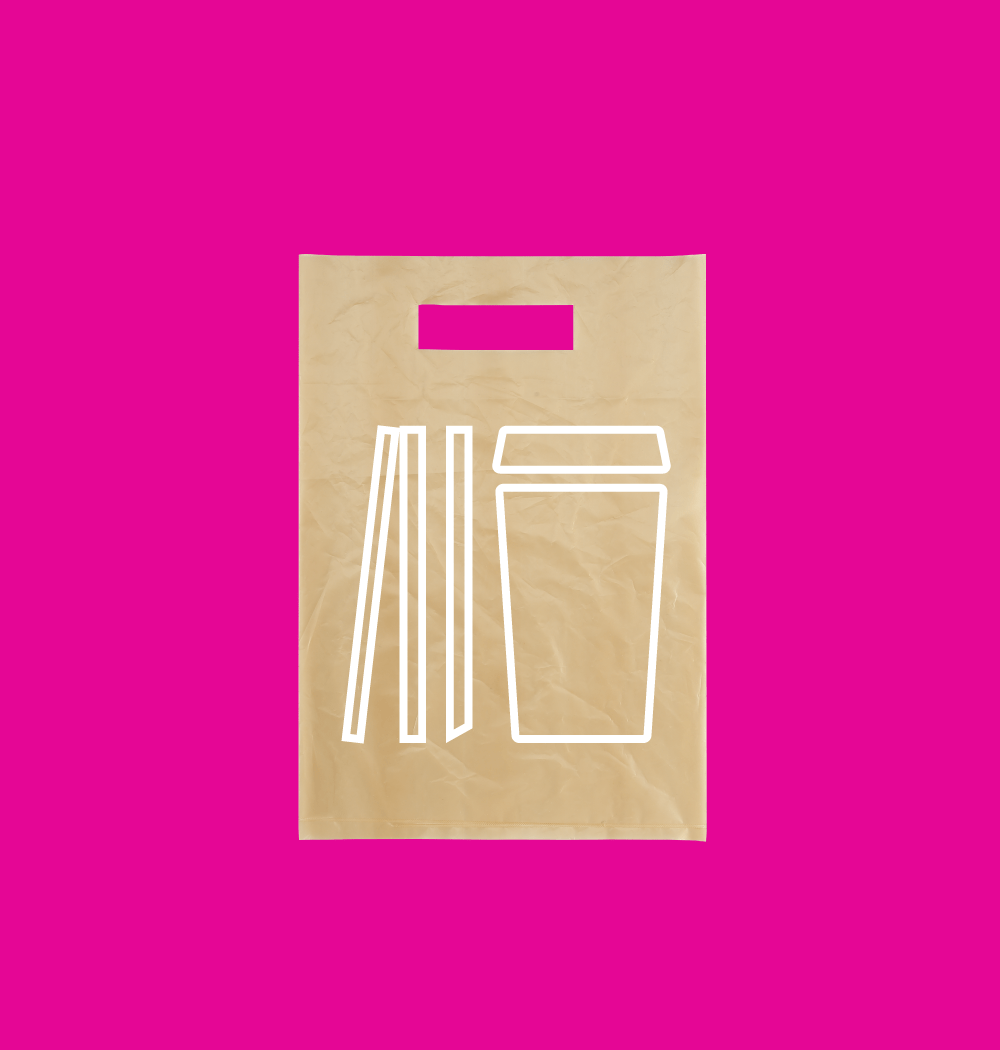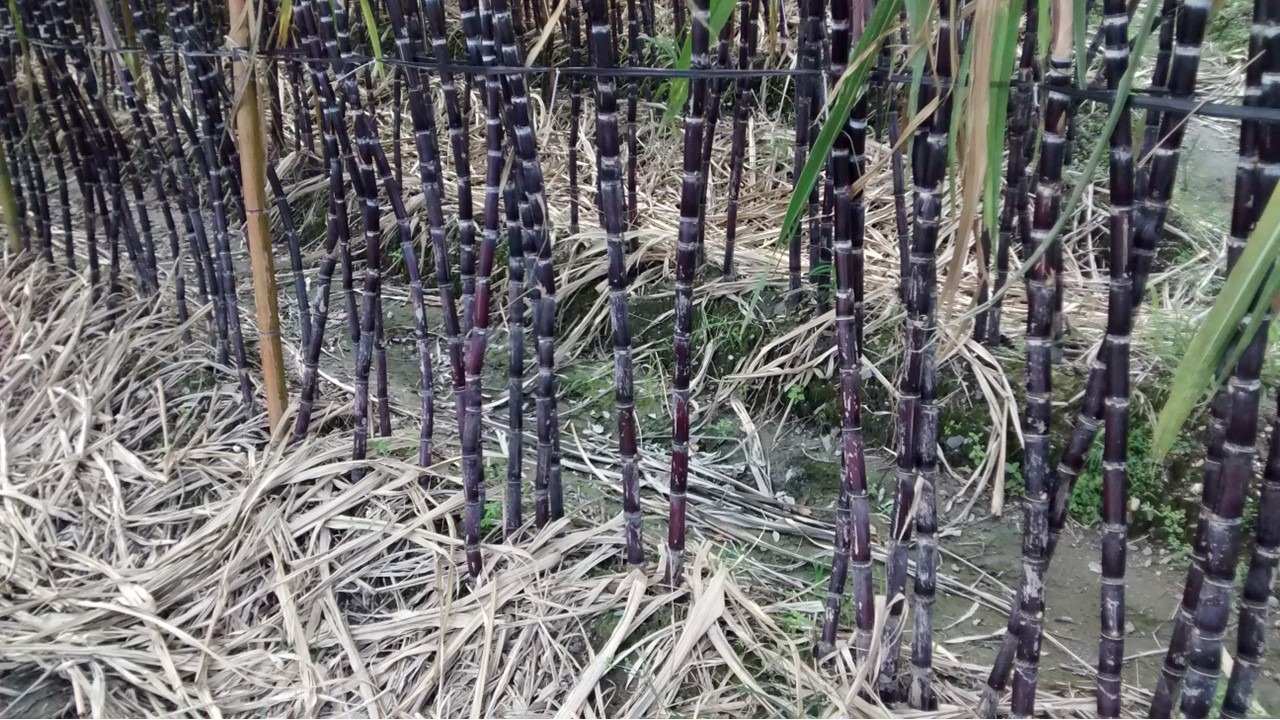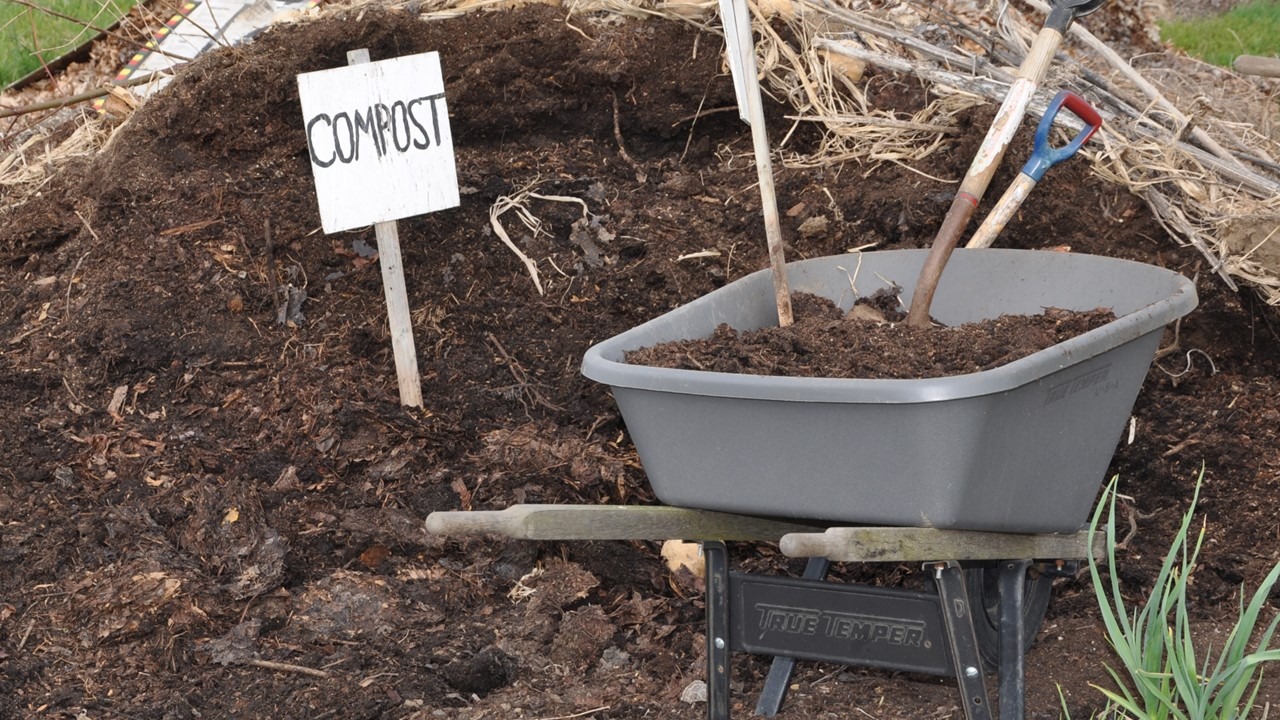In 2019, the most popular and trendy drink in Japan was tapioca milk tea. Day after day people lined up at shops all across the country, but this booming business led to a boom in littering as well, as local residents increasingly found discarded straws and empty cups in the streets. Taiwan, where tapioca milk tea originated, continues to grapple with similar issues as well.
Fortunately, JU TIAN CLEANTECH has taken up the challenge of solving this problem. Founded in November of 2018 by Huang Chien-chung, they have already shipped 7 million sugarcane straws to Japan alone.
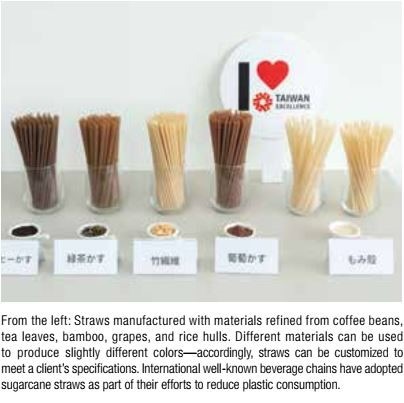
“Before starting the company, I was studying circular economy in graduate school—I wrote my master’s thesis on potential applications for banana fibers. I’ve always been interested in finding ways to recycle agricultural waste into biodegradable materials.”
Taiwan has an extremely high food self-sufficiency ratio of 83.1%. Accordingly, it produces a considerable amount of agricultural waste.
“Our company’s mission is to reduce plastic pollution throughout the world. It’s been observed, for example, that the majority of these pollutants in the ocean are single use plastic products. Seeing this, we decided to try processing bagasse to create a biodegradable material to use in place of plastic to create disposable straws.
Taiwan has an agricultural surplus of sugarcane and large-scale food and beverage industry had bagasse of it after squeezing it for producing juice.”
At our request, we had the opportunity to test one of these straws with a tapioca drink, and we found it to be no different than a plastic straw.
“Our straws can withstand temperatures from -20 to 50°C. While you can’t use them with hot drinks, they’re ideal for all kinds of cold drinks you might find at a café. They can be composted afterwards, as is possible in some countries, but in others like Taiwan where this practice is not widespread, they can be thrown away like most trash.”
Amazingly, after only 180 days, more than 90% of the materials used to construct these straws will have broken down. The manufacturing process itself is also quite unique.
“We’ve developed relationships with large food factory producing sugarcane juice—we collect the leftover bagasse they would otherwise throw away and repurpose them to create our straws. Prior to this, they had to pay to have these materials
disposed of, so they’re quite happy with our arrangement.”
However, there was still one major hurdle the company had to overcome.
“Our straws are manufactured in a plant where plastic straws are produced. Adapting this production line to our needs to create a new straw was incredibly difficult.”
Nevertheless, developing new products and sustainable methods to manufacture them is essential for a sustainable society—and this incredible innovation is a key step towards that dream.
